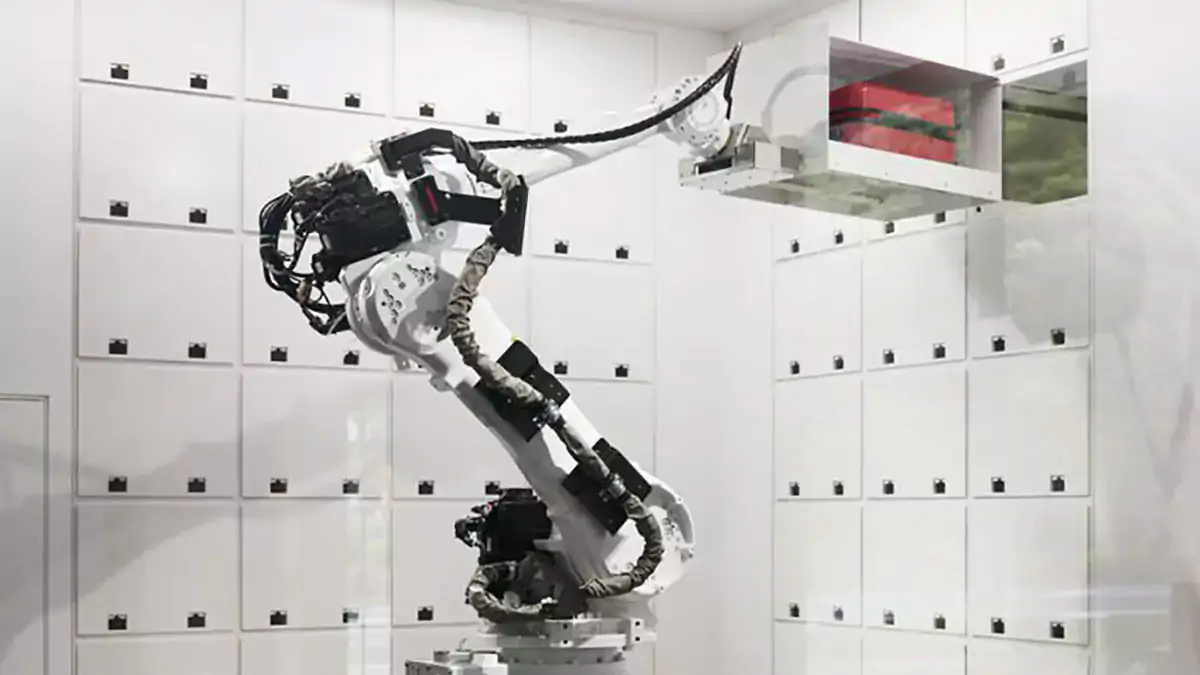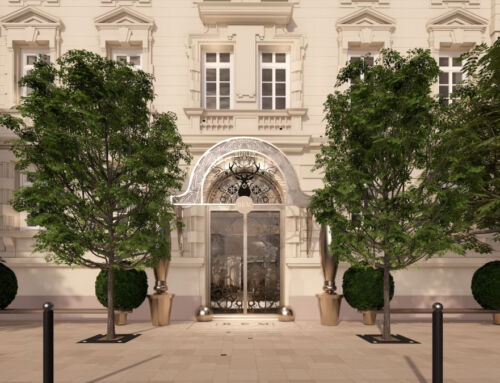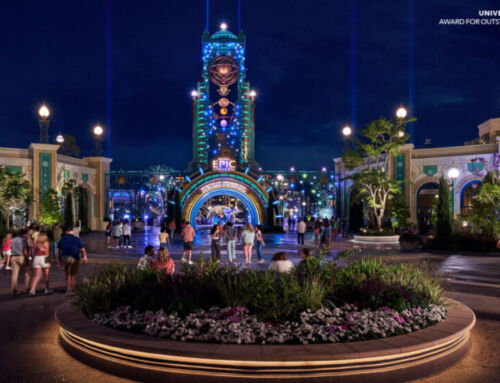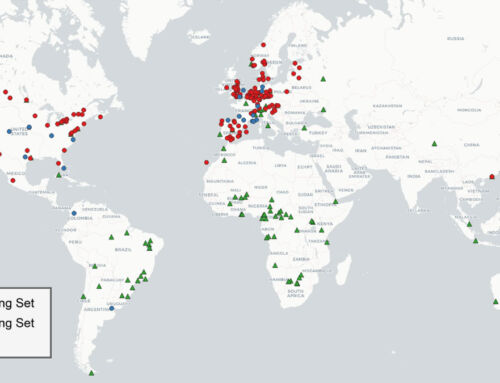Hotels and resorts adapt to travellers’ new demands, always eager for surprises (the “wow” effect) and experiences. This adaptation, which we are already seeing and will continue to see, takes place in three aspects: operation, functioning and supply.
An almost universal trend in regards to operation, is the presence of the hotel on the Internet and the transfer of some of its operations to its website. Besides being the best letter of introduction, a well-designed website with great photos and a detailed description of the facilities, is at the same time an operational element of direct access to the client. An efficient booking engine will make it easier for web visitors to become guests of the hotel. In addition, hotels and resorts will also be increasingly present on social networks. They will publish relevant content to publicise their story and project a differentiated profile in a competitive context. At the same time, they will implement a form of feedback monitoring, to respond to users’ problems and opinions.
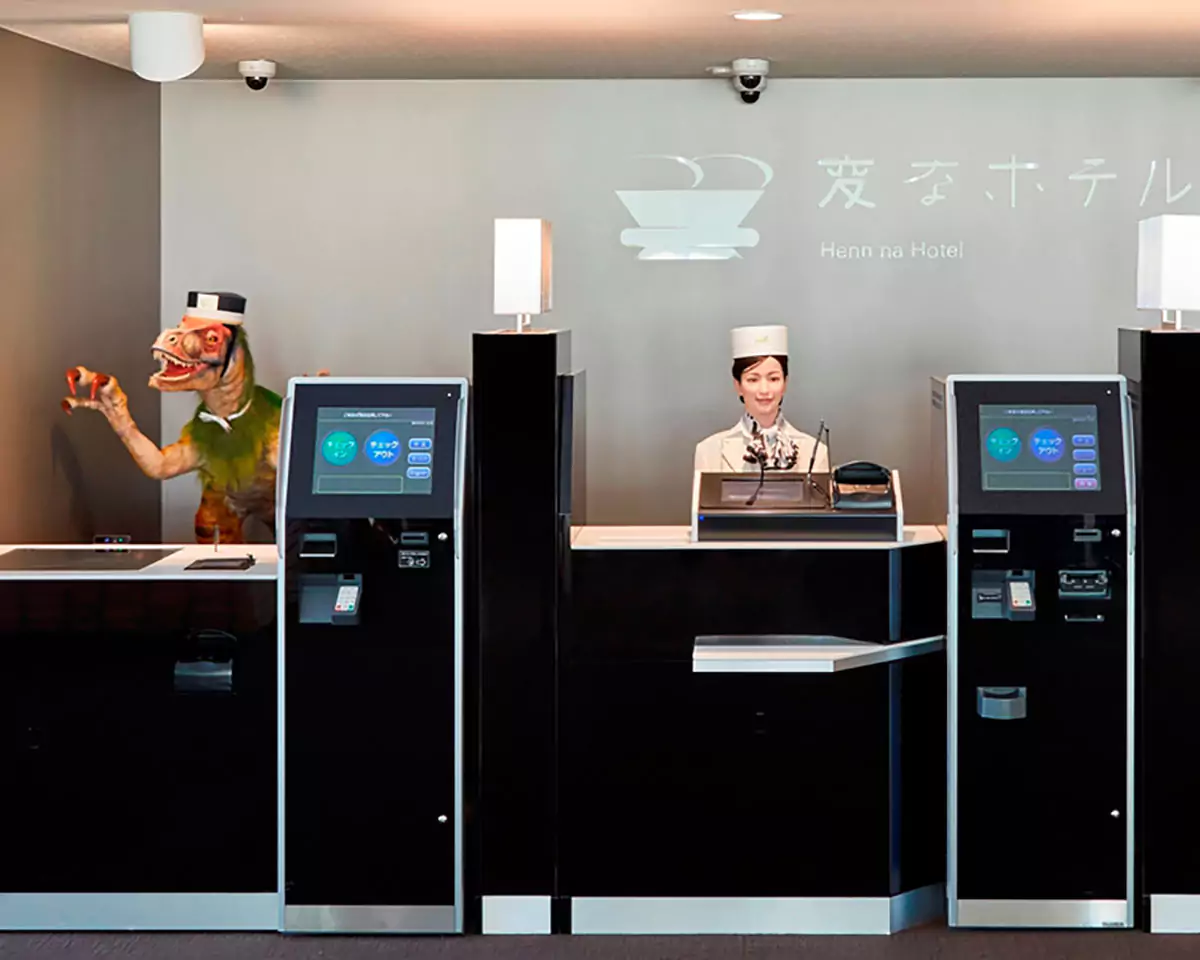
Once at the hotel or resort, a mobile application awaits the client for self check-in, or even a robot or a hologram that will promptly attend to their needs. In Japan, for example, the staff at the Henn-na Hotel is composed entirely of robots. Furthermore, a “smart hotel” will allow the customer to control the heating or air conditioning from their smartphone; or turn on the television by voice; or request any service, check their bill and pay it telematically.
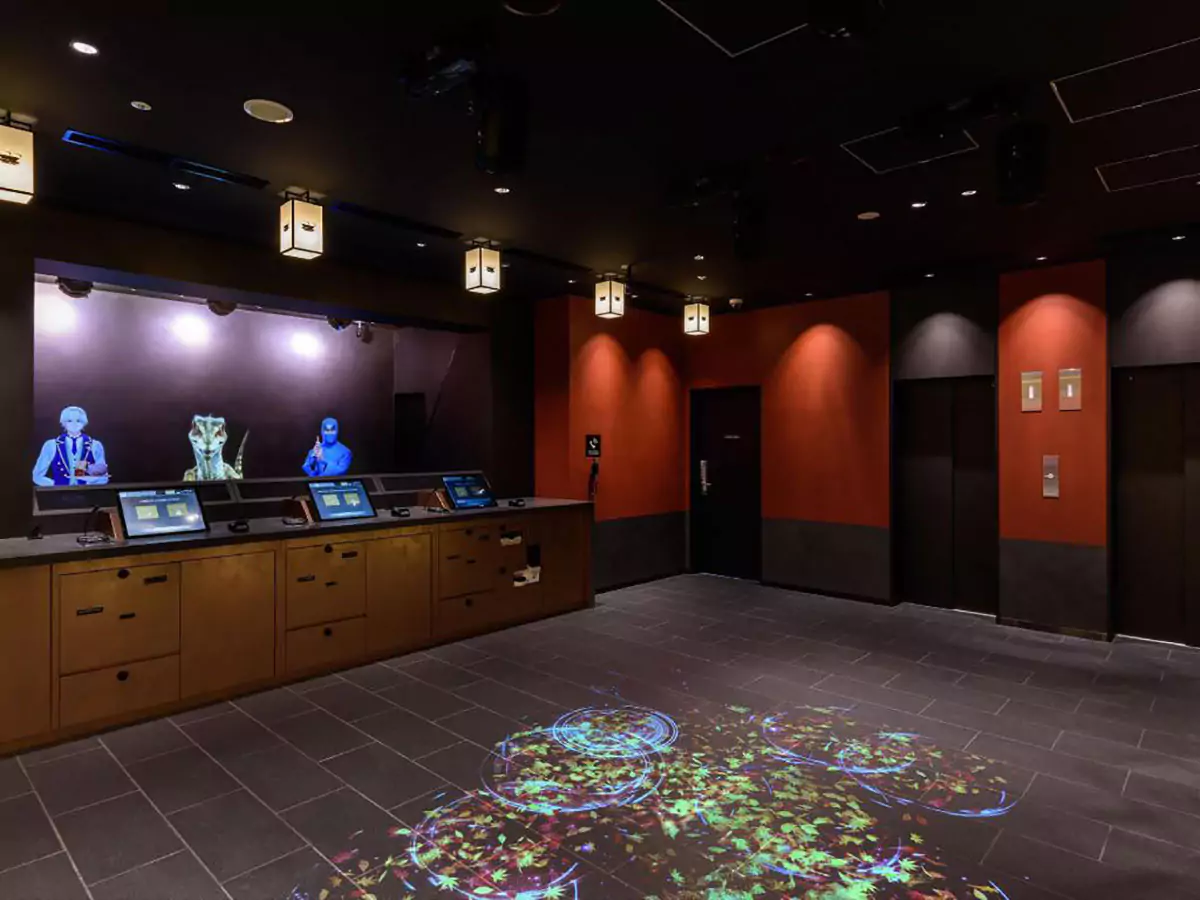
Other advances that we will see regarding operation, will be facial recognition systems or the chatbots with which we’ll be able to instantly communicate to us to solve any question. All this will require greater specialisation and preparation of the hotel or resort staff.
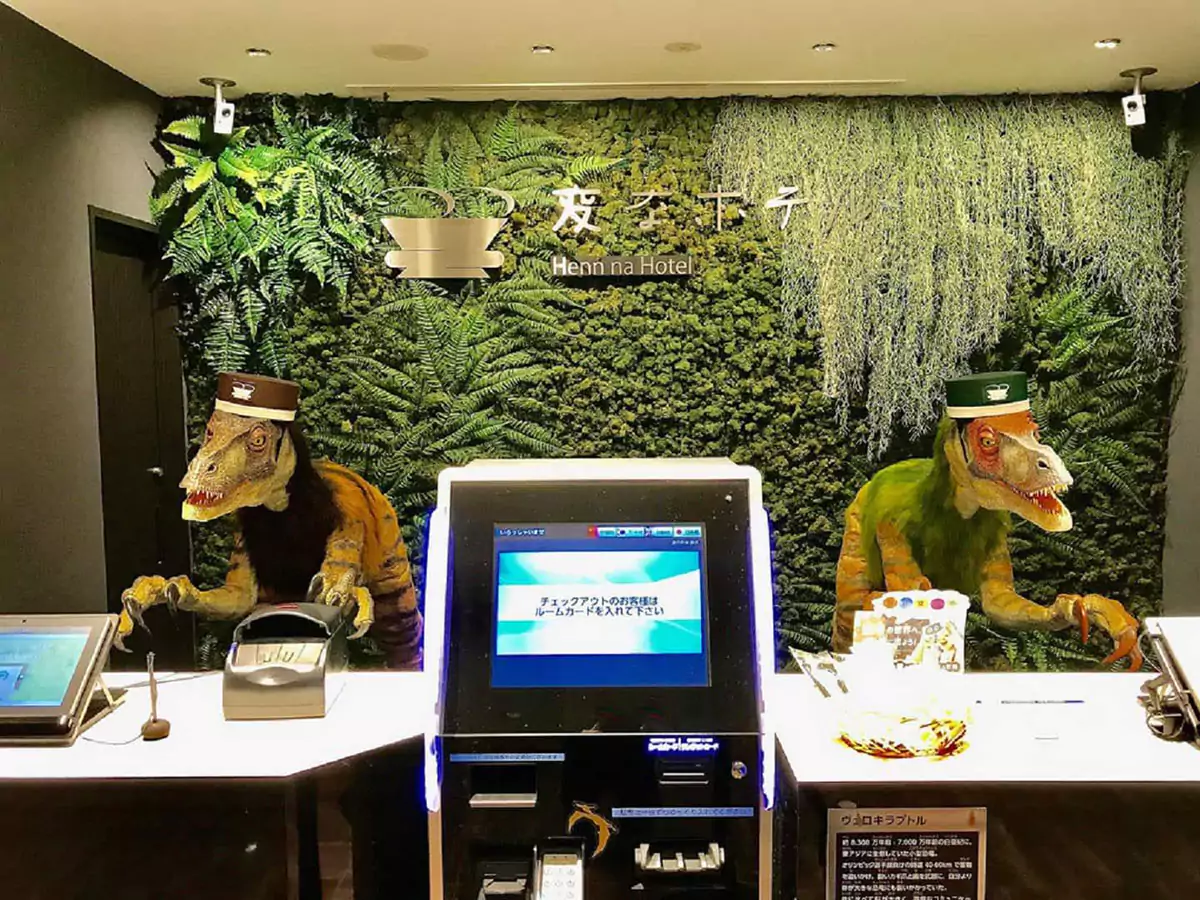
With regard to functioning, both guests and staff will have more options to regulate energy consumption and thus contribute to the sustainability of their facilities. Thus, the use of sustainable energy sources, the reuse of resources, efficiency and waste reduction will be promoted.
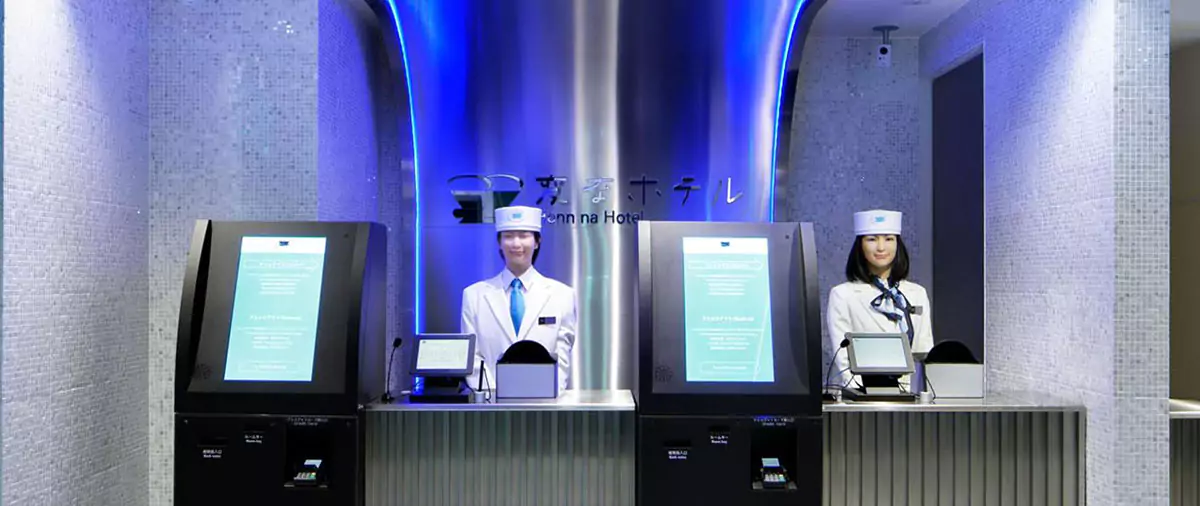
Finally, with respect to supply, the general trend will be towards new experiences: virtual reality will enter the sector to create enveloping environments and narrative experiences, whether in rooms or in common spaces. The offer will be expanded with relaxation breaks or wellness retreats, or with adventure holidays. Art or photography exhibitions, film screenings, workshops or concerts will be other options. Sightseeing tours and tailor-made routes, adapted to visitor interests will also be complements. In their restaurants, hotels and resorts will avoid generic menus and instead offer genuine specialties with local, fresh products and healthy ingredients. They will also expand their culinary offerings for vegetarians, vegans, etc.
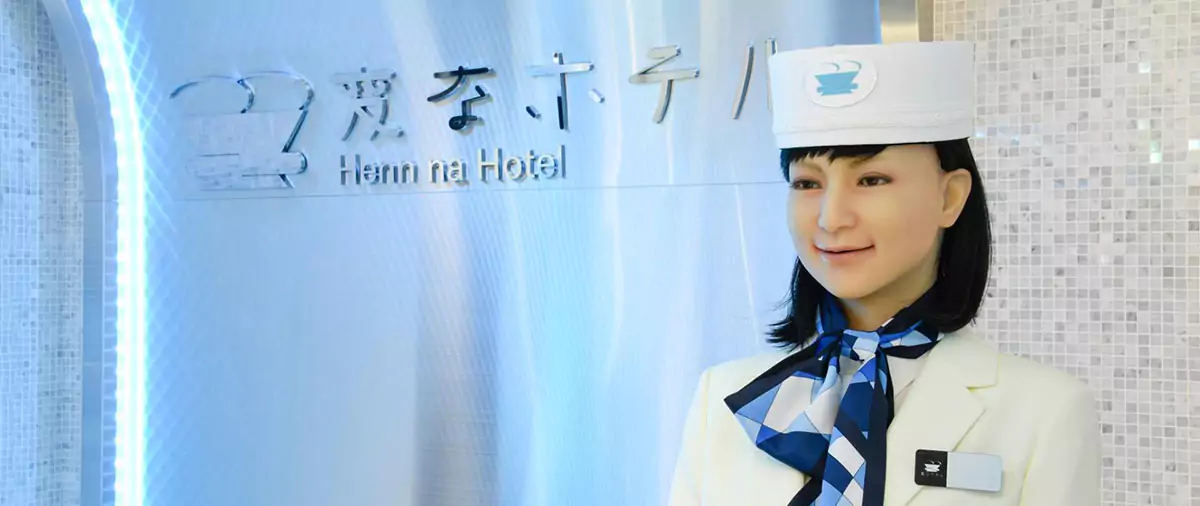
Design will enter strongly into the new projects, with the aim of creating unique hotels and resorts. At the same time, attractive spaces will be created to encourage clients to take photos and publish them on social networks. Open spaces will be generalized and common spaces will be expanded to invite guests to leave their rooms.
All this to make hotels and resorts exciting and almost irresistibly attractive spaces.
Sources: Businessblog, Cityexpress, IHCS Hotel Consulting, Revfine, Socialtables, Proven Partners.


